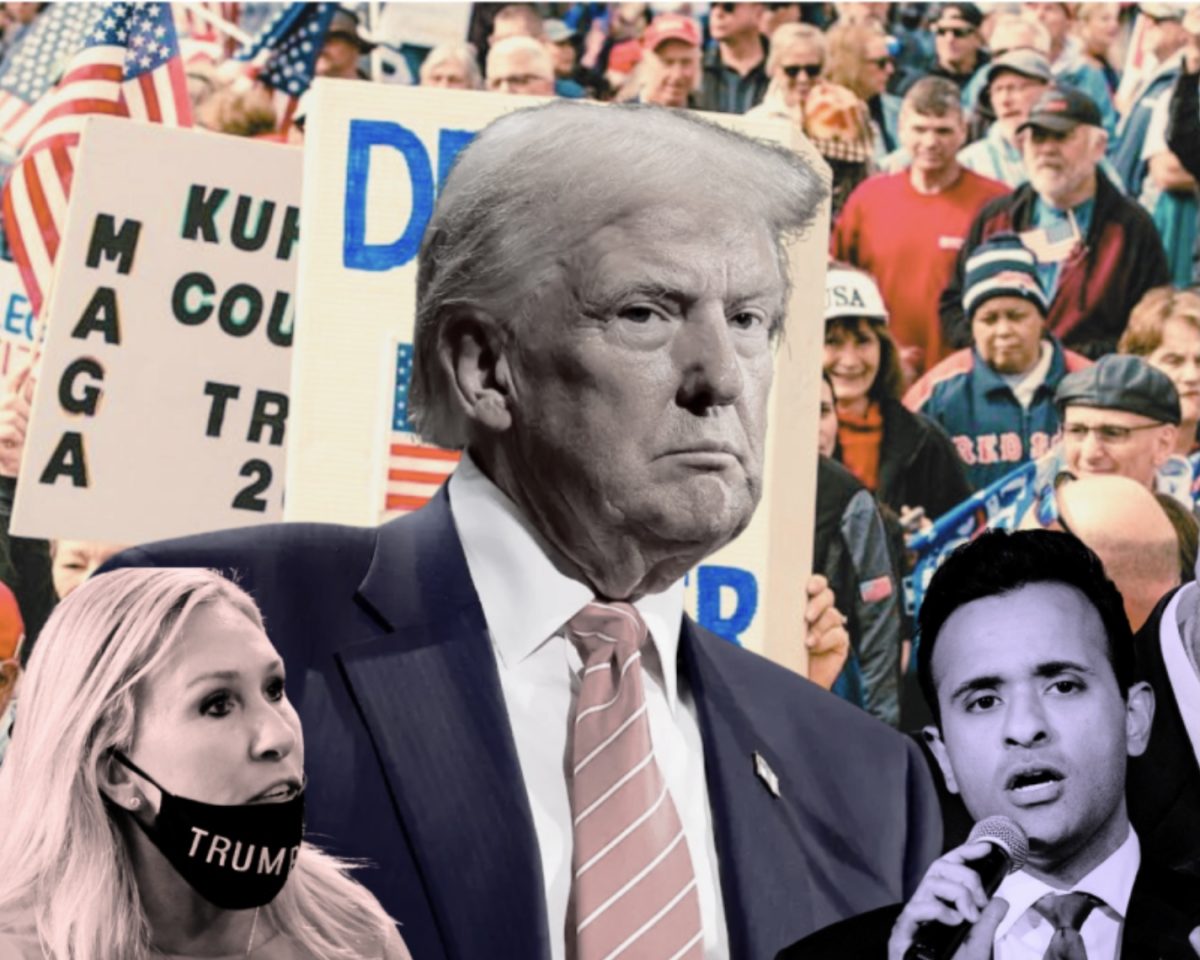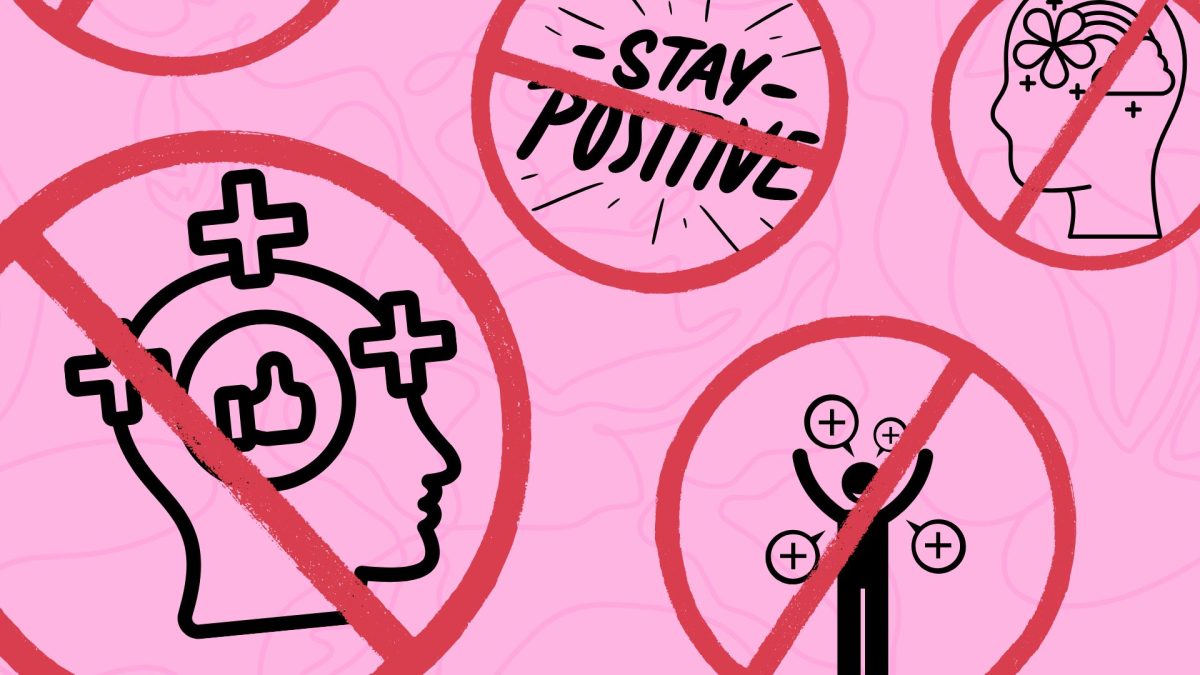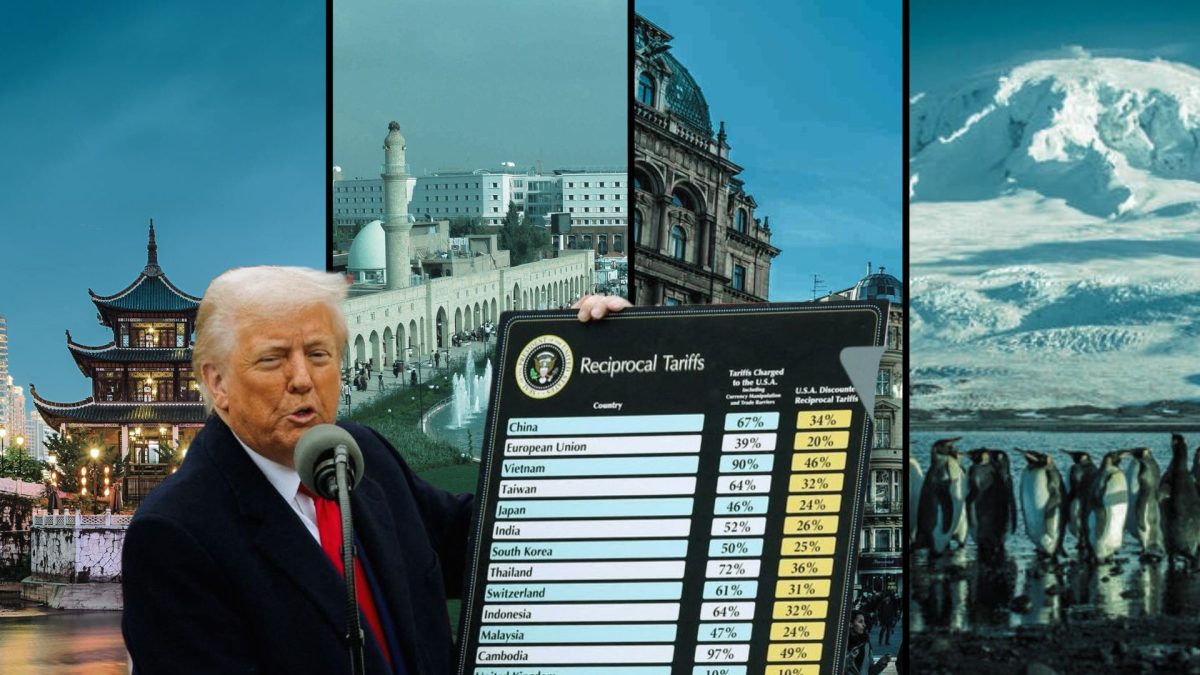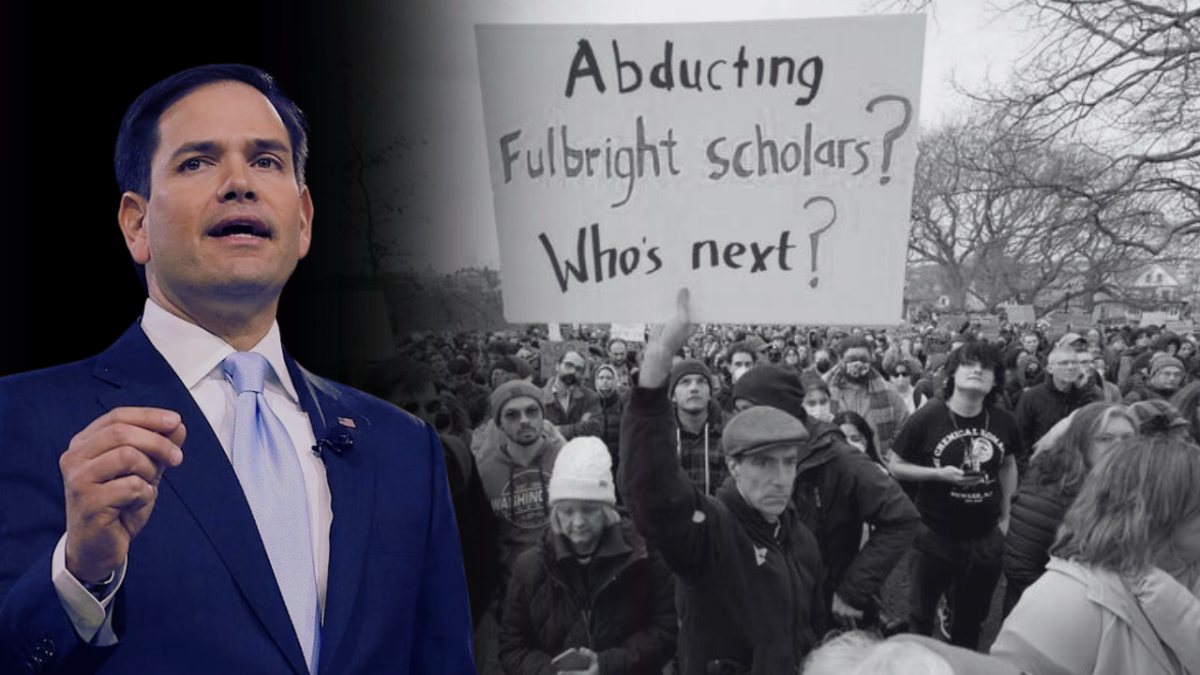As the new administration gets ready to be sworn into the White House, President-elect Donald Trump is already making bold promises on what he plans to do in office, while pulling back on others, all while meanwhile making close friends with those who helped his campaign like Elon Musk. But while the Republican Party enjoys majority control of every branch of government, the party itself only seems more fractured by the day.
With Trump and his administration strengthening their ties with Musk by promising to support policy that would benefit his companies, many in the Republican Party feel blindsided by Trump, believing that he is going back on his promises. During the election, more Republicans spoke out against Trump than ever before, showing a clear divide in the party that is only grown more fractured. It’s gotten to a point where even some of the President-elect’s biggest supporters are either starting to have their doubts about Trump, or are going in the other direction and are instead having their doubts about the party, leading to even more division among Republicans.
One of the recent dividing issues amongst the Republican party has been the topic of reducing restrictions for H-1B Work Visas for immigrants. This issue specifically revolved around Elon Musk showing support for the visas in order to bring experienced programmers and other tech workers from foreign nations to America to work for tech companies, such as his own company, X. In cooperation with Musk, Donald Trump has also voiced support for the visas, pushing that they’ll help give the American economy the boost that it needs with the more experienced labor. This has caused many divides in the Republican party, many of whom feel betrayed by this decision, since it seems to be opposite of Trump’s original heavy-hitting, anti-immigration foreign policy– the same policy that helped get him elected and was one of his supporters’ main concerns.
This new support for the visas also raised concerns among the more Nationalist crowd in the party, due to Musk making comments that insinuated that America didn’t have enough skilled engineers to work these jobs, and that the immigrants would fill the gap.
“The number of people who are super talented engineers AND super motivated in the USA is far too low,” Musk said in a tweet posted on his X account. “Think of this like a pro sports team: if you want your TEAM to win the championship, you need to recruit top talent wherever.”
This caused outrage among many workers in the tech industry on both sides of the political spectrum, but Republicans especially have felt a resounding feeling of being blindsided by their candidate’s agreement with Elon’s H-1B pitch, especially with unemployment already being a problem for Americans as it is.
And the H-1B visas are nowhere near the only divide amongst the Republican party. Many Republican leaders who are minorities, such as Vivek Ramaswamy, have been facing backlash from the White Supremacist movements that have rooted themselves in the party. Not to mention that during the election, many high-level Republican figures publically turned their back on Trump, and now their careers may be in jeopardy because of their disloyalty to him. Along with the distrust in the President’s cabinet nominations, this has all culminated into a culture of factions within the Republican party, with this kind of divide not having been seen at this level since the Truman Era. This does draw strangely similar parallels to Truman’s presidency and how divided the Democratic party was at that time, respectively.
In the 1950s, President Harry Truman had made many policy choices that, at the time, seemed radical. He was a supporter of the civil rights movement early on, passing executive orders to help desegregate the military, which caused major outrage from the Southern Democrats, who heavily supported segregation. He was also very hard on the Soviet Union and communism as a whole during the Cold War, causing the more socialist-leaning Democrats to also hold him in bad taste. This culminated into a massive party split, where the Southern Democrats and Soviet Sympathizers completely left the Democratic party to form their own parties which would become the Dixiecrats and the Progressives respectively. Ironically, the Dixiecrats and their pro-segregation stance never found them much success in the elections. So when it came for Richard Nixon’s campaign and he called for the “Silent Majority” to vote Republican, the Dixiecrats switched aisles and started voting for the right, which led to the reason why White Supremacy is so deeply embedded in the Republican Party to this day.
All in all, the Republicans are having divides in their party that haven’t been seen since the late Truman era, and it may very well end the same way it did then, with the Republican party splitting into factions and third parties like the Democrats once did. Especially with radicals causing expanded outrage over policy they don’t agree with, and spreading radical ideology across the Republican party, such as White Supremacy and even Fascism, the Republicans are more fractured than ever. And all of this with Donald Trump not even being inaugurated president, means that it’ll be a struggle for him to pass most of the policies needed to complete his own agendas, if any at all. As it stands now, the future of the Republican Party as we currently know it lies uncertain, and the prospects of the President-Elect being the one who comes out on top are as shaky as can be.








